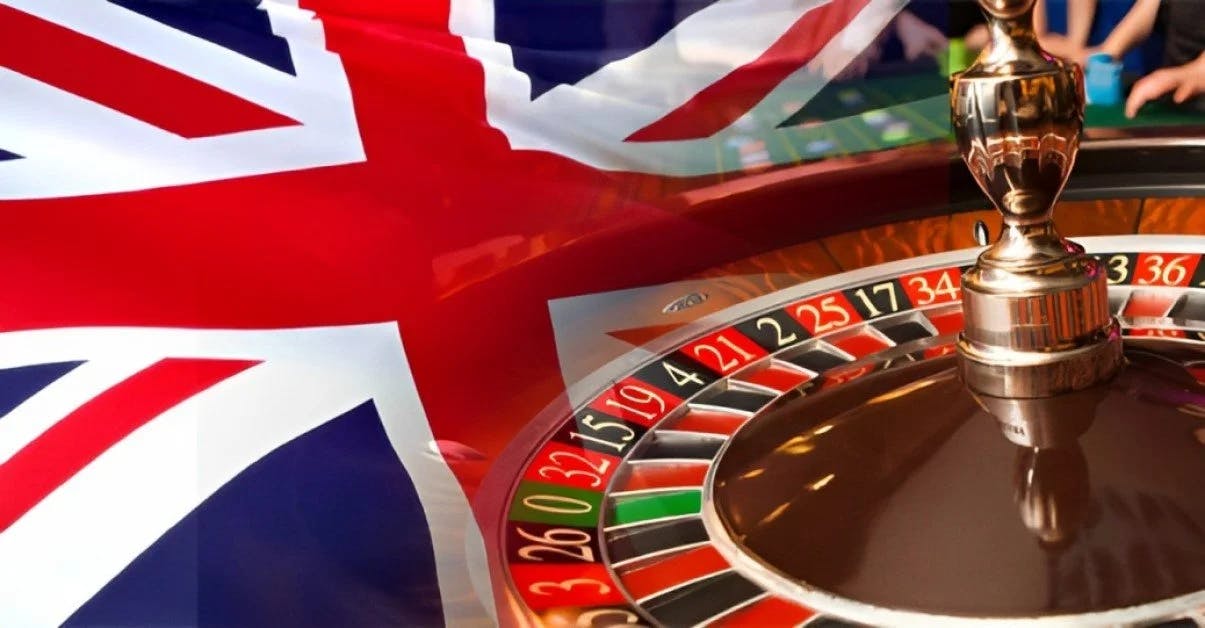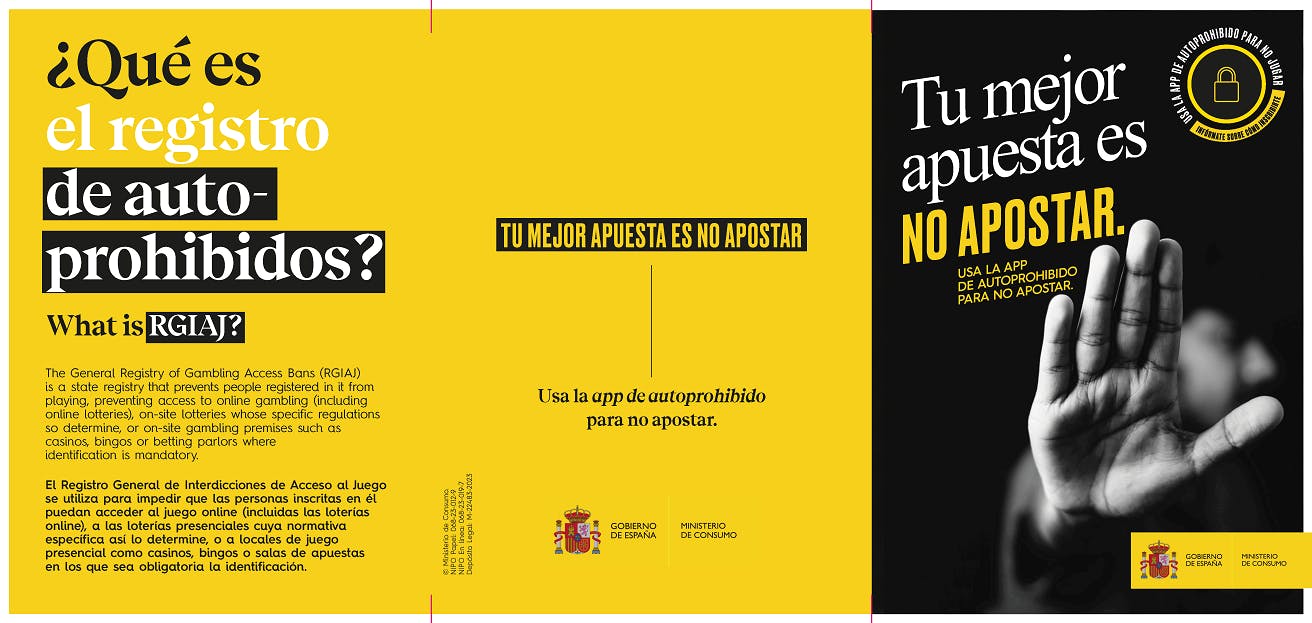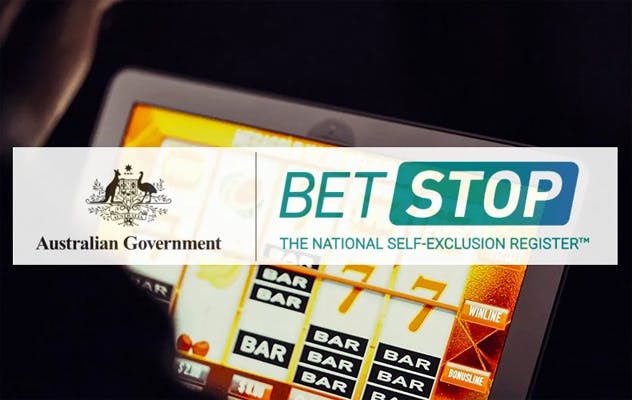Measures Adopted by Various Countries for Responsible Gambling
Learn how leading nations are combating gambling addiction and promoting safe practices for players
The Lottery House
tags:
responsible gaming
tip

Responsible Gambling – The Role of Governments in Player Protection
In recent years, the gambling industry, including casinos, lotteries, and online betting, has grown exponentially in many countries. However, this growth has brought about a significant challenge: how to protect players from the dangers of gambling addiction and ensure that gambling practices are safe and responsible. To address these challenges, various countries have implemented specific policies and regulations focused on the concept of "responsible gambling." This term encompasses measures aimed at reducing the impact of gambling addiction, protecting vulnerable players, and creating safer and more ethical betting environments. In this article, we will examine some of the major responsible gambling initiatives adopted by countries such as the United Kingdom, Spain, Sweden, and Canada, and how these measures have helped mitigate the harms associated with gambling addiction.
Measures in the United Kingdom: Strict Model and Technology Against Addiction

The United Kingdom is considered one of the countries with the most advanced and comprehensive responsible gambling regulations. The UK Gambling Commission (UKGC) is the main regulatory body, implementing a range of actions to protect consumers. One of the primary measures adopted in the UK is the use of technology to identify problematic behavior patterns among players. In 2020, the UKGC banned the use of credit cards for gambling, a move aimed at limiting financial risk for players prone to addiction.
In addition, the UK has implemented self-exclusion programs, such as the "GamStop" system, which allows players to exclude themselves from all licensed betting platforms for a specific period. Gambling operators are also required to implement deposit limit tools and offer addiction awareness materials. Advertising is another important area, with strict regulations for gambling ads, which cannot target minors or air during high child viewership hours.
Spain: Advertising Regulation and Psychological Support

In Spain, the government recently introduced strict measures for responsible gambling, especially regarding advertising. In 2020, the government passed a decree significantly restricting gambling advertisements. Now, ads can only be shown on television between 1:00 a.m. and 5:00 a.m., reducing exposure to young people. Additionally, advertising of bonuses and betting offers, previously common, is now highly regulated.
Spain has also invested in treatment and psychological support programs for compulsive gamblers, with clinics and specialized centers available to help those suffering from gambling addiction. Another important measure is the creation of a national self-exclusion registry, the "RGIAJ," where players can register to be blocked from betting sites and physical casinos. The Spanish government has also increased oversight of companies, requiring them to adopt early detection practices for problematic behavior.
Sweden: Betting Limits and Self-Exclusion

Sweden, known for its social welfare policies, has also adopted a strict approach to responsible gambling. The country established the Swedish Gambling Authority (Spelinspektionen) as the main regulatory body, which has imposed a series of measures to protect players. Among these is "Spelpaus," a national self-exclusion system that allows players to opt out of all licensed betting activities in the country.
In 2020, due to the increase in online betting during the pandemic, the Swedish government implemented temporary weekly deposit limits of 5,000 Swedish kronor for online games and casinos. Gambling operators are also required to inform players about the time and money spent on gambling, a practice aimed at promoting greater awareness of addiction risks. Sweden has also implemented restrictions on bonus offers, allowing only welcome bonuses and prohibiting continuous bonuses that encourage prolonged gambling.
Canada: Preventive Approach and Education Programs
Canada takes a different approach to responsible gambling, focusing mainly on education and prevention. Instead of prohibiting access, the Canadian government offers programs that educate players about the risks of addiction and encourage self-control. Provincial responsible gambling centers, such as the "Ontario Problem Gambling Research Centre," conduct studies and awareness campaigns to inform citizens about the signs of gambling addiction.
Each province has its own regulatory authority, and licensed betting operators are required to provide information on how to seek help in case of addiction. In Ontario, for instance, casinos and online betting sites are required to offer deposit limits and self-exclusion tools. Local authorities also fund treatment programs for problem gamblers and awareness campaigns aimed at teenagers to reduce the incidence of future problems.
Australia: Advertising Restrictions and Strict Control

Australia is one of the countries with the highest per capita gambling spending, prompting the government to adopt a series of measures to combat gambling addiction. In 2017, the Australian government passed legislation banning gambling ads during live sports events before 8:30 p.m., aiming to reduce minors’ exposure to gambling. In addition, online betting operators are required to register with a national self-exclusion database called "BetStop."
Alongside advertising restrictions, Australia has a rigorous identity verification system and spending limits for online gaming. Players can set deposit limits and playing time directly on betting platforms, and operators are required to monitor potentially problematic gambling activities. Australian authorities also conduct frequent audits and impose heavy fines on operators that violate responsible gambling standards.
Responsible Gambling as a Global Commitment
The responsible gambling measures adopted by these countries demonstrate a continuous effort to protect players from the dangers of gambling addiction while preserving the right to entertainment. The implementation of these measures varies according to each nation's cultural and economic characteristics, but the common goal is to create a safe and ethical betting environment. As the gambling industry continues to grow, the need for effective regulations and addiction awareness becomes even more crucial.
Looking ahead, it is expected that more countries will adopt responsible gambling measures inspired by these models, including technological initiatives, advertising restrictions, and self-exclusion systems. These efforts not only help prevent gambling addiction but also reinforce governments' commitment to protecting their citizens' rights and well-being. The concept of responsible gambling continues to evolve, and each new measure represents an important step towards balancing individual freedom with social responsibility in the world of gambling.